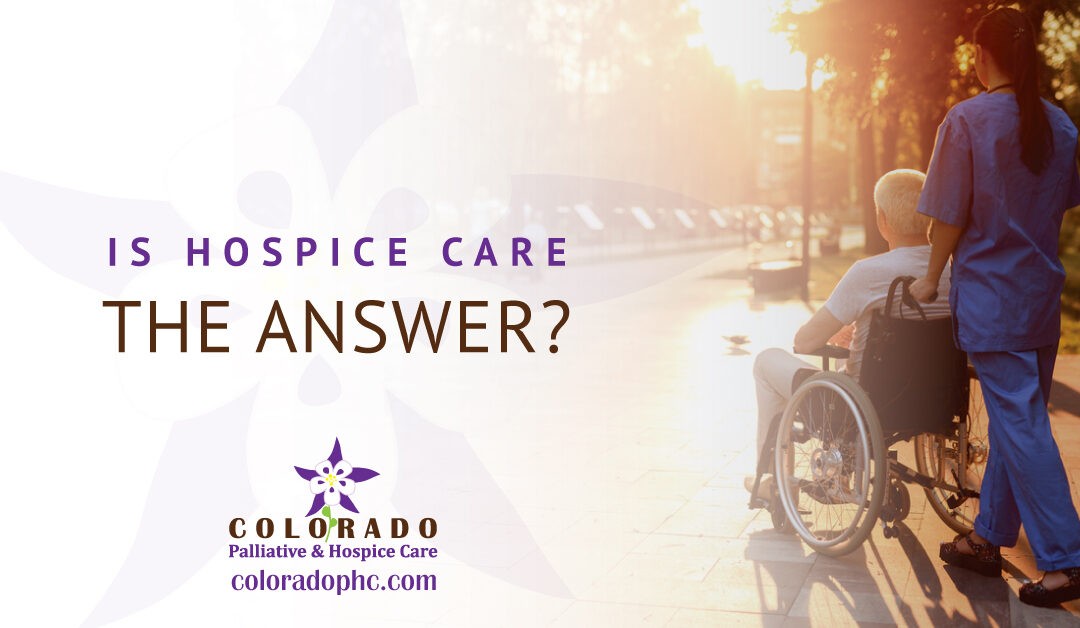Healthcare providers often bring up hospice care when a loved one receives a terminal illness diagnosis. But if you have no prior experience with hospice care, other than what you’ve seen on TV and in the movies, you may be unsure whether or not hospice care is the answer. So, who is hospice care for? Hospice care may be a good idea for your loved one if they have:
- Taken several trips to the emergency room or hospital in the past few months.
- Had several falls over the past six months.
- Started taking medication to alleviate pain.
- Started spending most of their days in bed or sitting in a chair.
- Started needing help to bathe, get dressed, eat, get out of bed, or walk.
- Began feeling weak and exhausted.
- Experienced weight loss.
- Experienced difficulty swallowing.
- Been out of breath, even while resting.
- Been told by a doctor their life expectancy is less than six months.
If you answered “yes” to one or more of the above questions, it might be time to consider hospice care for your loved one.
What Kind of Care Can I Expect for My Loved One in Hospice?
Hospice care provides access to a team of healthcare providers including visits from a nurse once or twice a week, visits from a nursing assistant up to seven times a week, physical therapy, medications to manage pain, discomfort, and other symptoms, and dietary counseling.
You can also expect a chaplain or social worker to visit your loved one and your family to offer grief counseling and spiritual guidance.
The best part about hospice care is that it is individualized. So, the type and frequency of the care differ from patient to patient, based on their unique needs.
When Should I Call a Hospice Facility?
If you answered “yes” to any of the questions in the bulleted list above, contacting us or your nearest hospice is a good idea. By starting the process ASAP, you’ll have time to speak with healthcare teams and other families receiving care to make the most informed decision about your loved one’s end-of-life plan.
Contact us today if you’re interested in learning more about hospice care and how it can help your family.

